Chemical ultrafiltration equipment
Introduction of ultrafiltration
1. Introduction of ultrafiltration technology
Ultrafiltration is one of the most widely used membrane technologies and the membrane species with the highest pretreatment filtration precision. Its filtration precision is very high, and the filtration pore size is 0.01-0.2μm. Ultrafiltration membrane is made into micro-pores with very small pore size by means of a process on a polymer material. Because the filtration pore size is very precise, the ultrafiltration equipment can effectively remove not only microorganisms, colloids, suspended particles, but also bacteria, viruses and heat sources. At present, ultrafiltration is mostly used for surface water and groundwater purification, industrial wastewater reuse, and as a pretreatment device for RO system. At the same time, ultrafiltration is also used in some occasions to remove organic matter, colloid and heat sources, but before entering ultrafiltration must use ≦50um microporous filter as its pretreatment equipment, in order to prevent ultrafiltration device to produce mechanical particle fouling.
2. Filtration precision of membrane module
The membrane filtration process can retain the solid particles in the liquid mixture according to the different permeability of the membrane micropore selection. The filtration precision of our ultrafiltration products is 0.01~0.1μm, and customers can choose different filtration precision according to different needs. High precision membrane filtration is an absolute barrier to solid particles, various colloids, suspended solids, bacteria and various parasites.
3. Filtration method of membrane module
There are two types of filtration methods for our column membrane modules: internal pressure type and external pressure type. In filtration, the booster pump provides the power to drive water through the membrane.
In internal pressure filtration, the original liquid flows from the inner pore of the membrane filament, and water, small molecules and ions permeate to the outer side of the membrane filament to form ultrafiltrate. While colloids, solid particles, bacteria, viruses, parasites and other substances are retained in the inner side of the membrane filament to form a concentrated solution.
In external pressure filtration, the flow direction of water is just the opposite of internal pressure filtration, the raw liquid flows from the outer wall of the membrane filament, and water, small molecules and ions permeate to the inner side of the membrane filament to form ultrafiltrate. While colloids, solid particles, bacteria, viruses, parasites and other substances are retained on the outside of the membrane filament to form a concentrated solution.
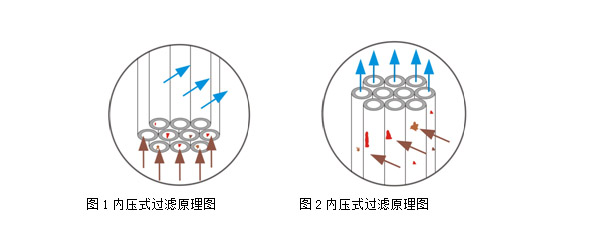
4. Composition of ultrafiltration system
The ultrafiltration system usually consists of water supply system, pretreatment system (multi-media filter, activated carbon filter, softener and security filter), backwashing system, dosing system, membrane cleaning system and control system.
The advantages of ultrafiltration process are mainly as follows.
-High filtration precision, good and stable effluent water quality, not affected by the fluctuation of system feed water quality, and the suspended matter and turbidity of effluent water are close to zero.
-High modularity, less floor space.
-Low pressure operation, high filtration efficiency and recovery rate, low energy consumption.
-The system adopts PLC control, which can realize the whole automatic control.
5. Process flow
5.1 Flow chart.
The simple process flow block diagram is as follows.

5.2 Brief description of the process
In order to ensure that the ultrafiltration system has good water flux and can produce water continuously and stably, clear water backwashing, enhanced backwashing and chemical cleaning procedures are used to clean the membrane regularly.
Clear water backwashing program: According to a certain cycle (adjusted according to the actual situation), backwashing is carried out automatically to restore the water flux of the membrane. During the backwashing process, the backwash pump will input the clean water from the finished water tank to the membrane system outlet and discharge it from the concentration port or inlet port. Backwashing frequency is generally set within 60 minutes, backwashing time ≧ 60 seconds (backwashing upper row ≧ 30 seconds, backwashing lower row ≧ 30 seconds).
Maintenance cleaning procedures: According to a certain cycle by PLC control automatically to strengthen backwashing, maintenance cleaning using metering pumps to inject a quantitative amount of pharmaceuticals into the backwash water, input to the membrane system for soaking cleaning. The agent can be acid, alkali, biocide or combination according to the type of water quality. There are two forms of maintenance cleaning: one is to add quantitative chemicals to each backwash; the other is to add quantitative chemicals to the backwash water only after every certain cycle. Using the first way, because the concentration is usually low, backwashing directly into the water production process. The second way is usually a higher concentration of dosing, dosing requires 5 to 10min of soaking time, soaking after the discharge of the agent, backwashing clean to enter the water production process.
Chemical cleaning procedure: every 3 months or so (depending on the specific water quality) to thoroughly clean the membrane module.
leave me a message
-- Recommend --












Shijiazhuang Tianwang Environmental Protection Technology Co., Ltd.
Shijiazhuang Tianwang Environmental Protection Technology Co., Ltd. is a high-tech enterprise specializing in the research and development, manufacturing and sales of water treatment equipment.
Contact information
Production address: No. 9, Fengchan Road, Economic and Technological Development Zone, Shijiazhuang City
Office Address: 25th Floor, Block C, No. 310 Changjiang Avenue, Shijiazhuang High-tech Development Zone
Contact number:
Copyright ©2022 Shijiazhuang Tianwang Environmental Protection Technology Co., Ltd. 冀ICP备13019843号-1 Powered by 300.cn SEO
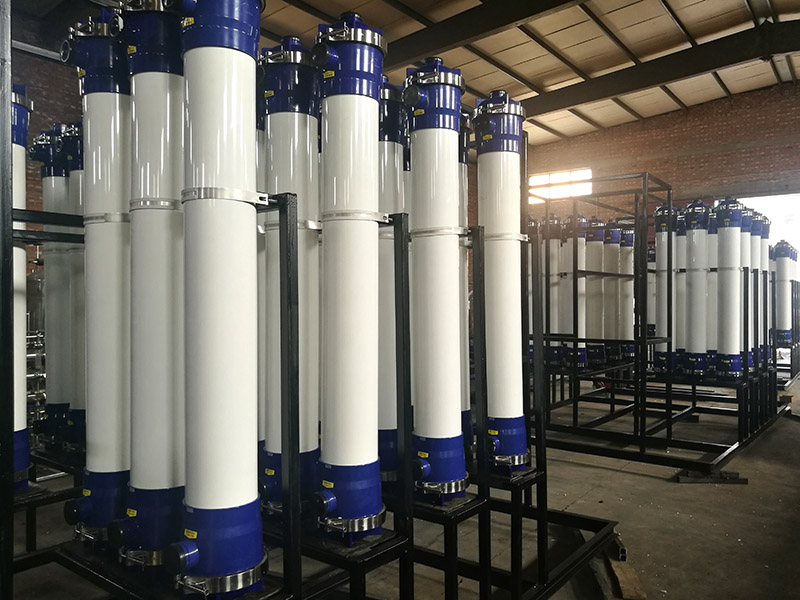

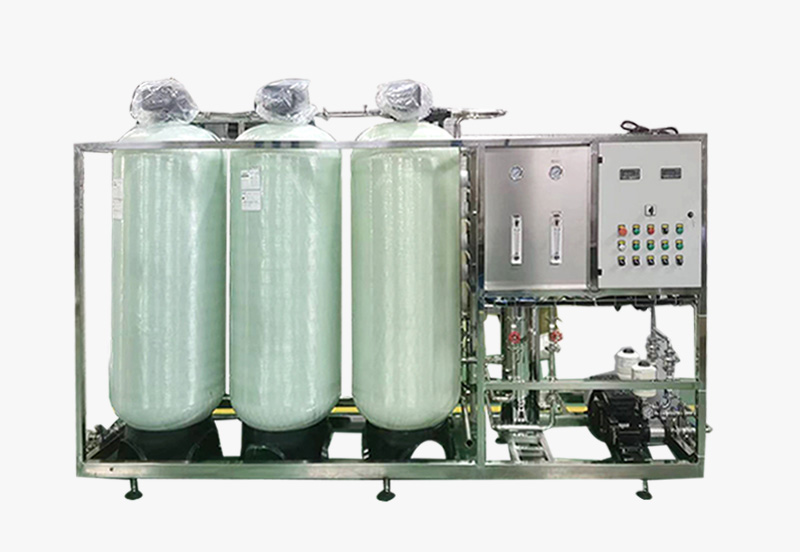
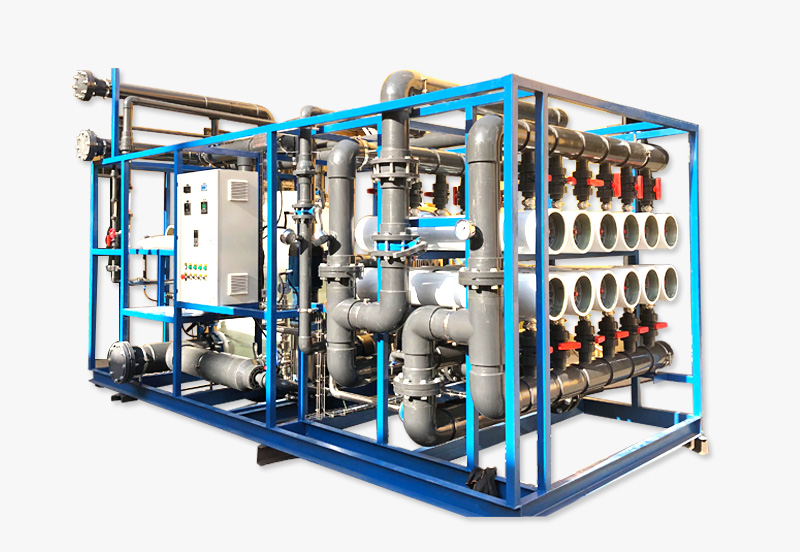
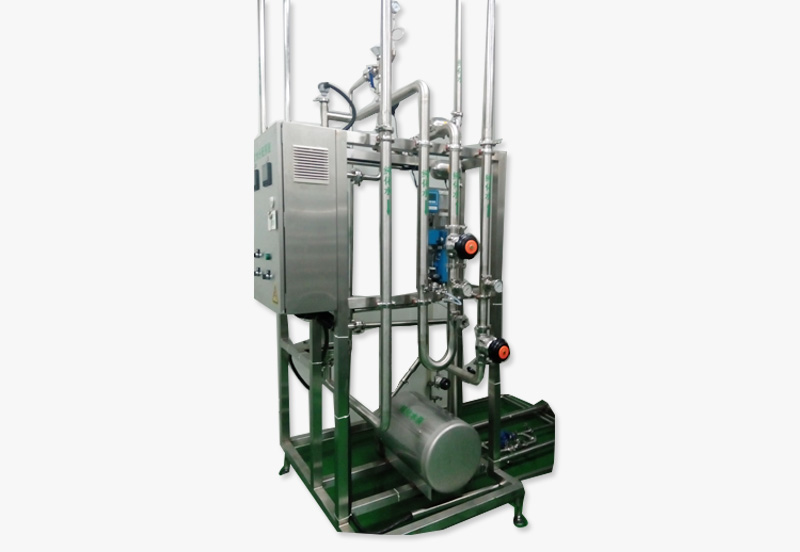
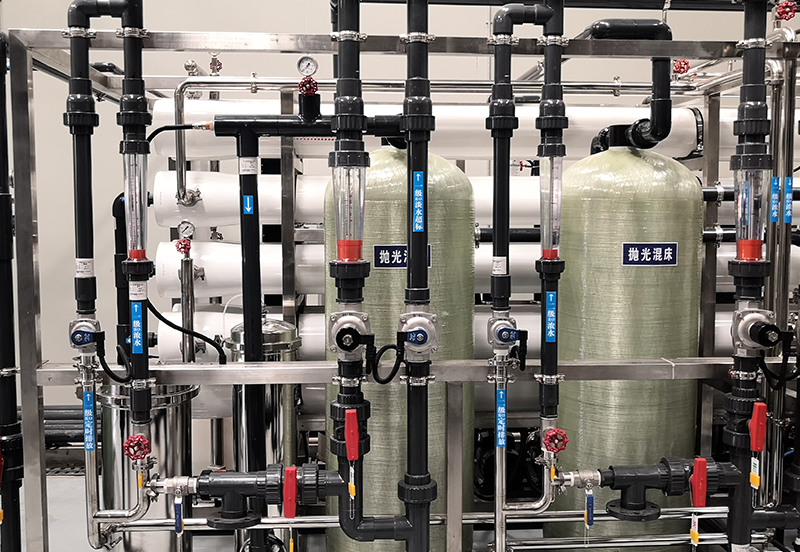
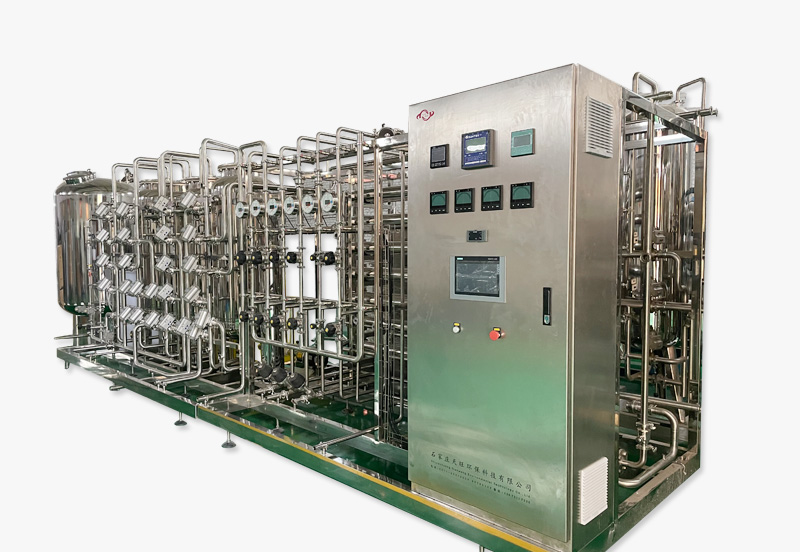
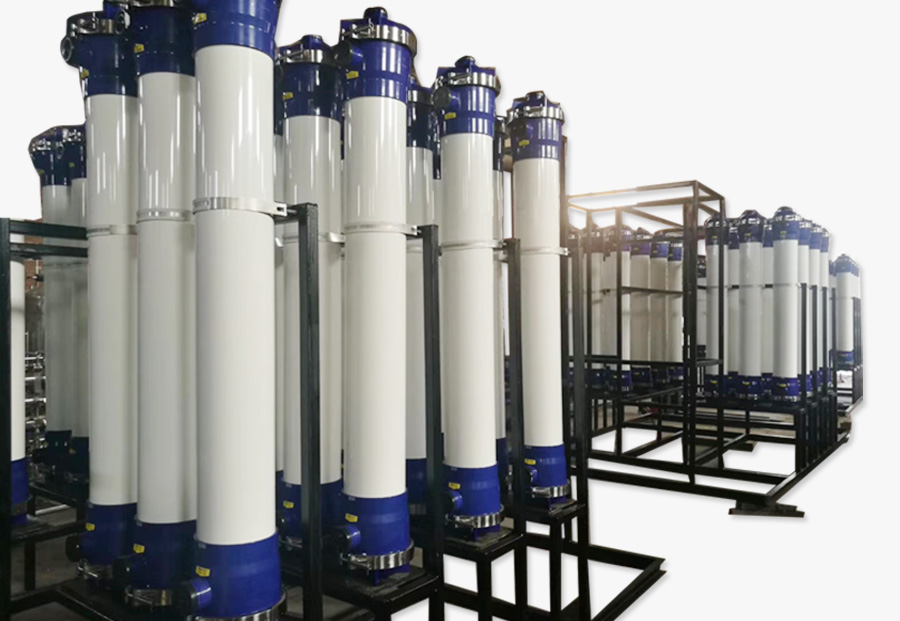

 0311-89272359
0311-89272359


 Message
Message
 Message
Message
